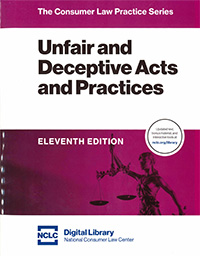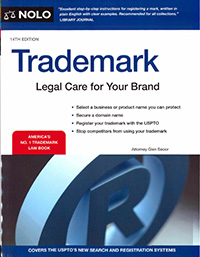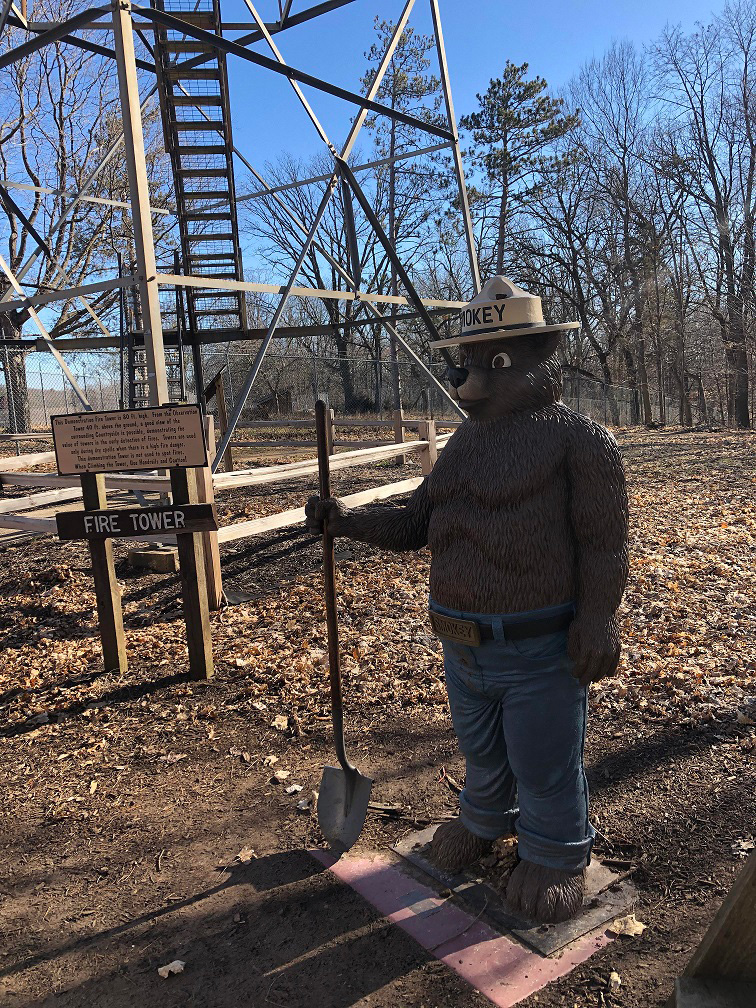WSLL @ Your Service May 2025
Contents
Ghostbots - Emerging Issue for Estate Planning? - Kaitlin Alighieri, Library Intern, Madison College Paralegal Program
Artificial Intelligence continues to revolutionize the internet by making connections faster than ever. Sometimes, the connection is with an AI-powered bot. These bots can speak in natural language, mimicking a real, live person. AI-powered chatbots have even been created to mimic a loved one who has passed away. These bots are known as “ghostbots” or “griefbots.”
What is a griefbot or ghostbot and how are they made?

Briefly, these bots are built when people input personal data of a dead person. Texts, photos, social media posts, audio recording, etc, all help the bot recreate the dead person's personality and style of speaking. The bot can then interact with the living. Author Mauricio Figueroa-Torres tackles an overview of ghostbots, with Affection as a service: Ghostbots and the changing nature of mourning.
Death and privacy
The rise of griefbots prompts a complex question: Do deceased individuals have a right to privacy? Legally speaking, the right to privacy is typically considered a personal right that does not survive death (Restatement of the Law, Second, Torts § 6521). Privacy rights die with the individual. This idea has been reinforced in cases such as Swickward v. Wayne County Medical Examiner, 438 Mich. 536, where the court held that privacy rights cannot be asserted posthumously and that family members had no standing unless their own privacy has been directly violated. Similarly, in West v. Media General Convergence, Inc. 53 S.W.3d 640, courts emphasized that privacy is inherently personal and does not extend to survivors.
Yet, despite this traditional legal stance, some jurisdictions have begun to acknowledge that certain post-mortem interests may still deserve protection particularly in cases where the emotional well-being of surviving relatives is at stake. In Accuracy in Media v. National Park Serv., 194 F.3d 120, for example, the court recognized the privacy concerns of family members who wished to prevent the public release of graphic details surrounding a loved one's death, although it did not clearly establish whether those concerns belonged to the deceased or the survivors. In another notable case, Wessler v. United States DOJ, 381 F. Supp. 3d 253, the court held that while a decedent's privacy interest does diminish after death, it is not fully extinguished and must still be balanced against the public interest in disclosure.
Statutory changes
Beyond case law, statutory protections are slowly emerging to regulate the digital resurrection of deceased individuals. Illinois law prohibits the use of a deceased person's digital replica for 50 years following their death without explicit consent from designated parties as stated in 765 ILCS 1075/30 § 3344. Similarly, in 2021, New York amended the state’s "Right of Publicity" law to add § 50-f. This section protects deceased personalities from their names, voices, signatures, photographs, or likeness from being used for commercial purposes without consent.
Even with these protections, the issue of consent remains. Should people begin planning for their digital afterlife the way they write wills? Should consent for post-mortem digital use become a standard part of estate planning?
For further reading, see Governing Ghostbots (Computer Law & Security Review, April 2023) part of a larger collection of interdisciplinary perspectives, and Postmortem Privacy, 123 Mich. L. Rev. 285.
Image source: Adobe Stock
New Books - Noelle Brasch

New Edition! Unfair and Deceptive Acts and Practices, by Carolyn L. Carter and Jonathan Sheldon
Call number: KF 1609 .C37 2025
The eleventh edition of Unfair and Deceptive Acts and Practices, published by the National Consumer Law Center, is a thorough treatise on consumer law. This definitive text covers new and evolving consumer abuses, a state-by-state statute analysis, as well as the surprising applications of UDAP claims. Consider this new edition a valuable resource in your consumer law toolkit.
Topics include:
- UDAP scope
- Liability of various parties
- Credit and collections
- State agency enforcement
- FTC Act and federal law

New Edition! Trademark : legal care for your brand, by Glen Secor
Call number: KF 3180 .Z9 E43 2025
This new edition includes up-to-date information on trademark laws. Read helpful steps to register and protect your business, including using the USPTO’s new systems. With clear examples and plain language, check out this book as your legal companion for trademarks.
Topics include:
- Choosing a unique trademark to distinguish your business
- Using the USPTO’s Trademark Search and registration systems
- Applying for a trademark
- Infringement disputes
- Trademark issues in cyberspace
![]() See our latest New Titles list for a list of new books and other resources.
See our latest New Titles list for a list of new books and other resources.
For assistance in accessing these or other resources, please contact our Reference Desk.
Tech Tip - Heidi Yelk
The Court Statistics Project (CSP) - a bird's eye view of state courts nationwide
Legal researchers and attorneys are well aware that court structures vary from state to state. California, for example, has a vastly different court structure from Wisconsin's. It can be difficult to locate and gain an understanding of another state's structure.
Enter the Court Statistics Project website. This website provides information on state court organization, appellate court structure, jury system data, judicial selection and much more. Tools within the Understanding State Courts tab also allow users to create comparisons of state court structures and caseload ranges. The Court Statistics tab provides "a comprehensive look at annual state court caseloads." An archive of caseload annual reports covers 1975-2018.
The Court Statistics Project is an initiative of the Conference of State Court Administrators and the National Center for State Courts.
Library News - Carol Hassler
Welcome new staff
Please join us in welcoming new library assistant Robert Lee, at the Dane County Law Library. Robert helps users who come into the library with forms, technology, and reference questions.
Sign up for June's CLE Webinar
Sign up for our last webinar before summer comes roaring in! Registration is free and this class qualifies for 1 free CLE credit. Please reach out to Michael Keane with questions about the class and Jaden Henneman with questions about registering.
Wisconsin Legislative History - Budget Bill Calamities
Wednesday, June 11, noon-1:00 p.m.
Location: Live webinar - Wisconsin Legislative History - Budget Bill Calamities
1 CLE credit
Statutory provisions created by a budget bill pose special problems in legislative history research. The budget bill process is complex and the drafting file created during the process is even more daunting. Learn how to identify statutes created by budget bills and how to navigate the drafting file. This advanced class covers additional techniques used in budget bill research
Welcome new attorneys!
Library staff are looking forward to welcoming new attorneys during upcoming attorney roll signing ceremonies for Marquette and University of Wisconsin law schools. New attorneys can sign up for a library card, and learn about the research sources and services available to them through the State Law Library.
May Snapshot

Smokey Bear stands near a demonstration fire tower at McKenzie Center (Arlington, WI) the site of many educational programs by the Wisconsin Department of Natural Resources. As noted on the DNR website, "Spring is the most critical fire season in Wisconsin." To remain informed of fire dangers, wildfires, and prescribed burns, check out the DNR's Fire Management Dashboards.
We are accepting snapshots! Do you have a photo highlighting libraries, attractions or points of historical interest? Send your photo the editor at carol.hassler@wicourts.gov to be included in a future issue.
